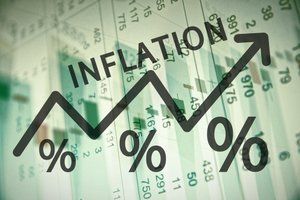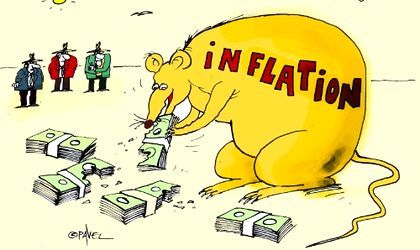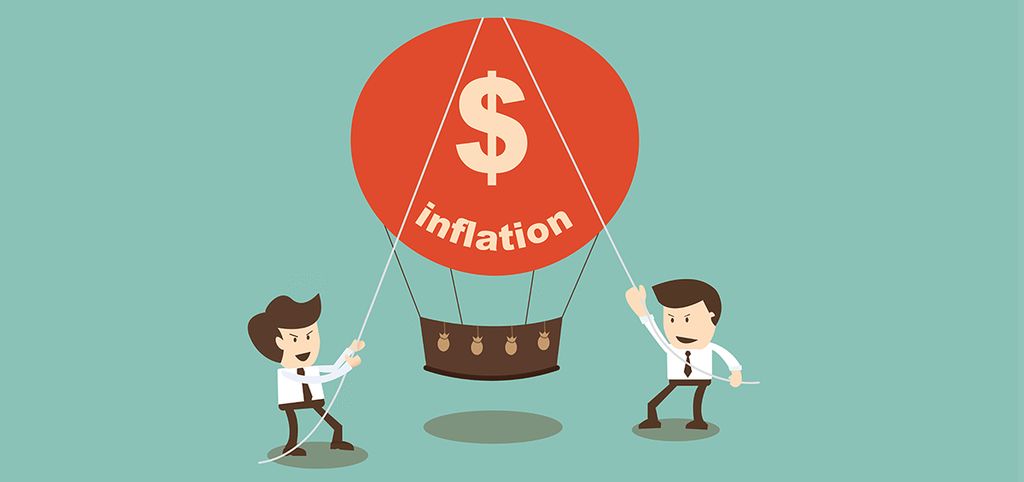Can Inflation Be Good?
Jun 03, 2019 • 30 views

Inflation occurs when there is an increase in general price level over a period of time. High inflation can damage an economy by creating uncertainities and reducing the value of money. But economists still aim for an inflation of 2% in the economy because it a=can have a various advantages, as they say.
ADVANTAGES OF INFLATION
#Deflation is not at all good for the economy:
When prices fall, customers feels that goods will be cheaper in future so they keep on delaying their purchases. It also increases the real value of debt. When people take a debt like mortagage, they expect around 2% of inflation to erode the value of debt. If not, theur burden increases.

#Moderate inflation helps in adjusting wages
If there is a moderate inflation in the economy, it becomes easier to adjust the relative wages. For eg, it may be difficult to cut nominal wages. But, if average wages are increasing because to moderate inflation, it is easier to increase the wages of productive workers; unproductive workers can have their wages fixed – which is a real wage cut.
#Inflation can imply growth
At low inflation, economy is in recession. At zero inflaton, economy is in depression. Thus, implying that inflation can help in boosting the economy.
This is a fact that some economists may agree and some may not, but if any economy is in prolonged recession, they agree upon raising inflation.
DISADVANTAGES OF INFLATION
Inflation is a problem when it rises above 2 %. The higher the inflation , the bigger the problem.
Inflationary growth gravitates to be untenable leading to a damaging period ofboom and bust economic cycles. For eg, the UK experienced high inflation in the late 1980s, but this economic boom was unsustainable, and when the UK government tried to cut down inflation, it led to a recession period in 1990-92.

Inflation tends to demoralize investment, financing and long-term economic growth. This is because of the unpredictablity and confusion that is more likely to occur during the periods of high inflation. Low inflation is said to boost greater stability and encourage firms to take risks.
Inflation can make a market and an economy uncompetitive. For eg, a comparatively higher rate of inflation in Italy can make Italian merchandise uncompetitive, leading to lower aggregate demand, a deficit in thecurrent account and low economic growth. This is particularly essential for countries in the Euro-zone as they can’t devalue the currency to restore competitiveness.
Decrease the value of savings. Inflation leads to a fall in the money value. This makes the savers worse off when the interest rate is higher than inflation. High inflation can lead to redistributing of income in the economy.Mostly it is the people who get pension who lose out most from inflation. This is especially a problem when inflation is high and interest rates are low.
